Cask wine under fire as government ponders tax hike
The price of cask wine could double within 18 months, with major drinks companies and health experts lobbying the Abbott government to revamp a tax system that unduly favours bulk wine sales. The federal government is considering changes to rebates for the wine equalisation tax in the May budget, which could signal the first moves towards a broader volumetric tax on alcohol sales in Australia.
